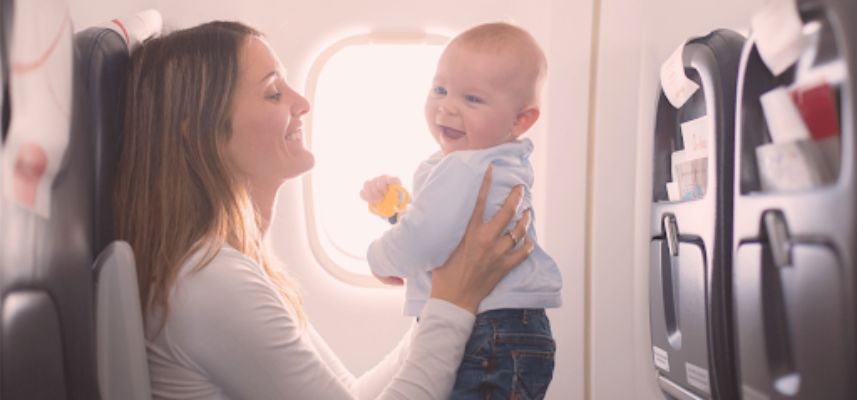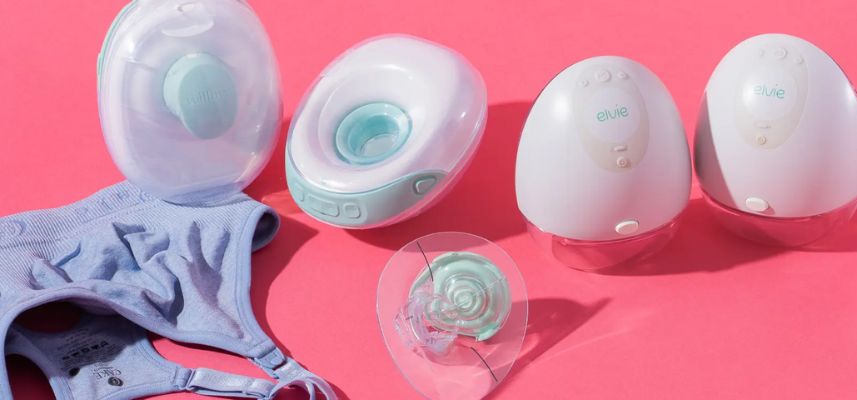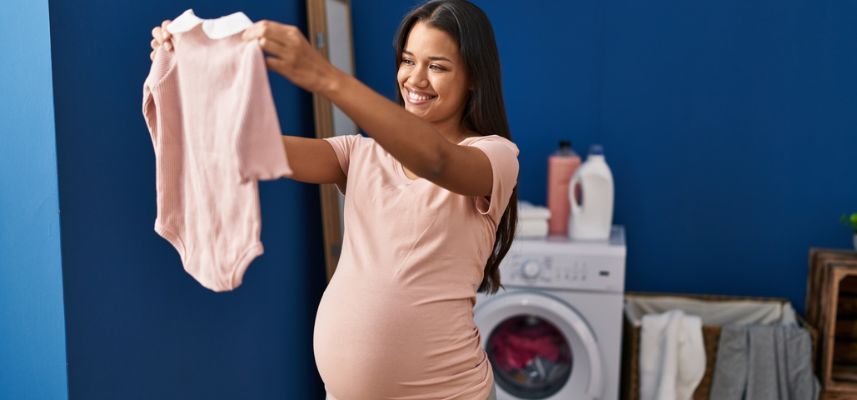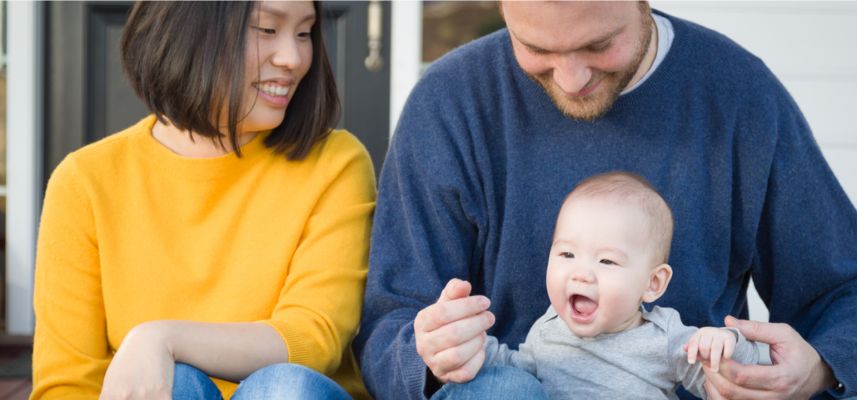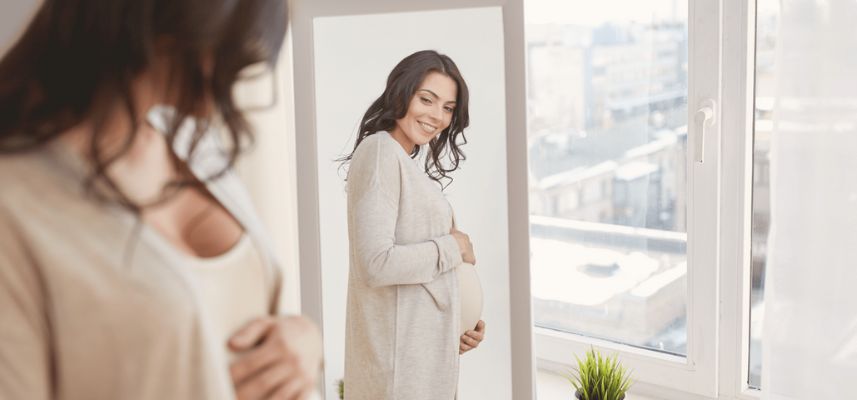Key Takeaways:
-
Your breast pump is a medical device and can be carried on or checked in your baggage; it often does not count against carry-on luggage limits, but check with your airline carrier to be sure
-
Unlike other liquids, TSA doesn't restrict the amount of breast milk you can bring through security, even without your baby present
-
Ice packs, freezer packs, frozen gel packs and other items used to cool breast milk and formula are also allowed through TSA
-
Screenshot TSA and airline policies on your phone in case you run into any issues
Traveling with your baby can feel like a big step, but we’re here to make sure pumping on the go feels simple and stress-free. Whether you’re visiting family, going on a holiday vacation, or taking your first trip together, a little preparation can make all the difference.
Fortunately, the Transportation Security Administration (TSA) rules for breastfeeding moms actually make flying with a breast pump pretty easy. And we’re here to help you travel with confidence so you can focus on what really matters: making memories with your little one.
TSA Rules for Breastfeeding Moms
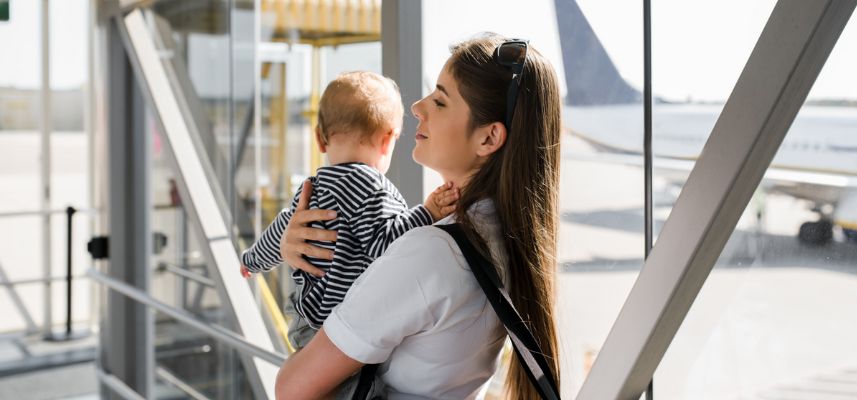

TSA considers breast milk, formula, and pumping equipment as medically necessary. This means the 3-1-1 liquid rule doesn't apply to your pumping supplies.
What you can bring through the security checkpoint:
-
As much breast milk as you need (fresh or frozen)
-
Your breast pump and all its parts
-
Ice packs, gel packs, frozen foam packs, and cooler bags to keep milk cold
-
Empty bottles and storage bags
You don't even need to be traveling with your baby for these rules to apply! Whether you're flying for work or personal matters, your milk and supplies are allowed. And while the TSA website doesn't limit the amount of expressed milk you can take through security, you may prefer to pack some in a cooler in your checked luggage or have it shipped, especially when traveling with large amounts of milk.
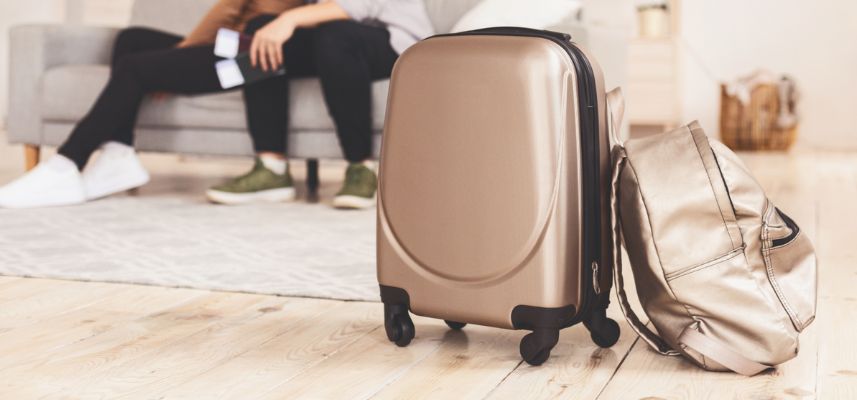

Can I Take My Breast Pump on a Plane?
Yes, most major airlines allow you to travel with a diaper bag, soft cooler bag, and your breast pump. This is because a breast pump is considered a medical device. While airlines shouldn't count it toward your carry-on limit, it's a good idea to call or check the specific policy with your airline before your flight to avoid any issues at the airport.
And keeping your pump in your carry-on is a great idea for two reasons:
-
You might need to pump during a long flight or delay
-
Checked bags sometimes take detours (and your pump is too important to risk)
Getting Through Airport Security With Ease
We know what you’re thinking: airport security with breast milk and a pump sounds like a stress test. Don’t worry, we’ve got your back. With a little prep (and a lot of patience), you can breeze through security and get on your way with confidence.
At the checkpoint:
-
Inform the TSA officer that you're traveling with breast milk, and allow enough time for additional screening procedures.
-
Take out your milk and cooler for separate screening. They might test it, which is normal, but you can request that agents do not open or X-ray your breast milk.
-
Keep your pump in your bag unless asked to remove it.
Smart packing tips:
-
Use clear storage bags and bottles when possible (easier visual inspection)
-
Freeze gel packs solid or consider foam ice packs (they stay cold longer)
-
Pack extra milk storage bags (they lay flat when empty, saving you space)
When agents don't know the rules: Stay calm, be polite, and show them the TSA website on your phone or ask for help from another agent. We know it's frustrating when you have to educate the person checking your bags, but most agents appreciate the reminder and will call a supervisor if needed. Giving yourself a bit of extra time before your departure can also help ease any travel-day stress you might encounter.
Aeroflow Breastpumps IBCLC Liz Truesdale says, "The biggest mistake moms make is not knowing their rights. Print or screenshot TSA guidelines and your airline's medical device policy. When you're confident about the rules, security agents are more likely to follow them correctly. And remember: your pump is a medical device, not a luxury. Never apologize for feeding your baby."
How to Actually Pump While Flying
Okay, you've made it through security. Now what?
Before boarding:
-
Scout out family restrooms, dedicated nursing rooms, or Mamava pods (use their app to find locations before you travel)
-
Charge your pump fully
-
Organize your pump cleaning wipes, sprays, and extra pump parts. These are all useful options to have on hand when washing is difficult
On the plane: Before settling into your seat, ensure your pump, parts, and other necessities are safely put away and easily accessible in the overhead bin or below your seat. Locate a power outlet and keep extra batteries handy, just in case. If you brought breast milk on the plane, keep it within reach.
Pumping before boarding the plane can make your flight more comfortable. For longer flights, a breastfeeding cover can provide privacy while you pump from your seat.
Flight attendant tip: Let your flight attendants know you may need to pump during the flight. Most are incredibly helpful and might even store your milk in the galley fridge.
Your Pumping Packing List
Let’s be real, packing to pump on the go takes a little strategy (and a lot of coffee). We’ve rounded up everything you’ll want in your bag so you can travel like the organized, prepared superstar you are. Whether it’s a quick weekend away or baby's first long trip away from home, this list has your back.
Must-haves for flying while breastfeeding:
-
Portable pump and pump parts
-
Backup power source (battery pack or manual pump)
-
More milk storage bags than you think you need
-
Breast pump cleaning wipes (just until you can wash everything properly with soap and water)
-
Cooler bag and ice packs
Nice-to-haves:
-
Nursing cover
-
Hand sanitizer or wipes
-
Extra pump parts
-
An extra shirt (leaks always happen at the worst times)
-
Snacks and water for you (pumping makes you hungry!)
-
Small pillow or lumbar support cushion
-
Screenshot of TSA and specific airline policies
Check out our handy Travel Checklist for Flying While Breastfeeding
Be Kind to Yourself
Sometimes your ice packs melt. Sometimes TSA insists on testing every single bottle. It's important to remember it's okay and you're doing your best!
Plan for imperfection by:
-
Building in extra time (way more time than you think you'll need)
-
Pack backup supplies
-
Remember that formula exists if everything goes sideways
-
Give yourself grace! You're literally flying while producing food for your baby
A Little Preparation Goes a Long Way
Flying while pumping can actually be a smooth and empowering experience with a little preparation. When you know what to expect and plan ahead, your travel day can feel organized, comfortable, and stress-free. TSA rules are designed to protect your right to travel with your pump and supplies, so you can focus on feeling confident every step of the way.
If you're looking for a backup breast pump, additional pumping supplies, cooler bags, breast milk storage bags and containers, or any other pumping accessories, we've got you covered. Browse our site for items that can help make your trip easier. We also have educational classes and other resources available for all stages of your breastfeeding journey.

